CFJ’s best practice animal protection policy
Every brand, regardless of their scale, should have a policy in place relating to the treatment of animals. The below is CFJ’s recommended best practice policy. If your brand is not yet able to meet the requirements of such a policy, it should set out time bound goals towards this goal, and tailor the below to suit. Collective Fashion Justice is available for consultation and policy writing support. Brands should engage with their suppliers to ensure these policies are understood and adhered to.
BRAND believes it is not acceptable for animals to suffer, be exploited or slaughtered for the sake of fashion. BRAND is committed to the protection of both domesticated and wild animals, recognising that this is a critical, though often overlooked, aspect of fashion sustainability.
The most effective way to protect animals from suffering in the fashion industry is simply to refrain from the use of animal-derived materials. At BRAND, we are committed to excluding all animal-derived materials from our collections, this includes:
All animal fur
All animal skins; both exotic and domesticated (including cattle and buffaloes)
All hairs and wools, such as mohair, cashmere, sheep and alpaca wool
All feathers; both exotic and domesticated (including ducks and geese)
All bones, shells, horns and teeth
All other animal-derived materials, including silk
As far as is practically possible, we avoid the use of all animal-derived glues and dyes
BRAND recognises that this animal protection policy goes beyond many others, which adhere to the Five Freedoms approach. However, this approach is dated and largely inconsistent with the unjust practices occurring in farms and slaughterhouses within supply chains aiming to adhere to such guidelines. With such a wide range of more innovative alternative materials available, BRAND chooses to use these, instead.
BRAND also recognises that in order to protect all animals, we must be dedicated to environmental sustainability; harming the planet harms biodiversity and native animals. As such, we aim for all of our materials to have small environmental footprints. Animal-derived materials are largely inherently unsustainable, but so too are a wide range of others; virgin fossil fuel derived synthetics, uncertified sources of cellulose, and so on. BRAND’s sustainability policy will always remain a work in progress, as we aim to constantly improve, and work towards creating what Collective Fashion Justice refers to as a ‘total ethics fashion system’.
To learn more about the need for an animal protection policy like that which we have implemented at BRAND, head to Collective Fashion Justice.
